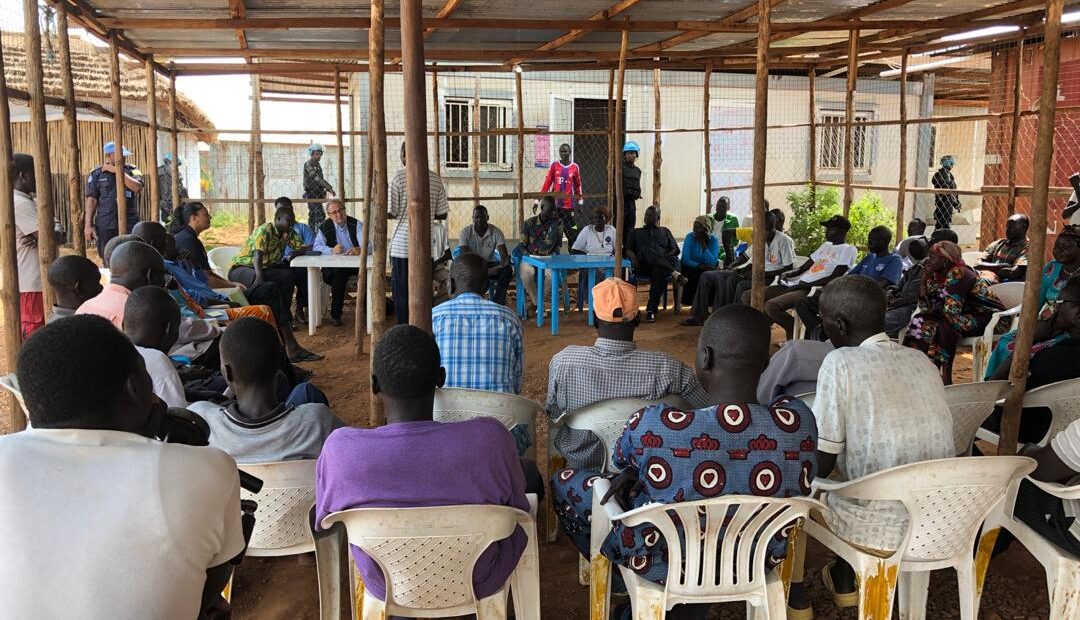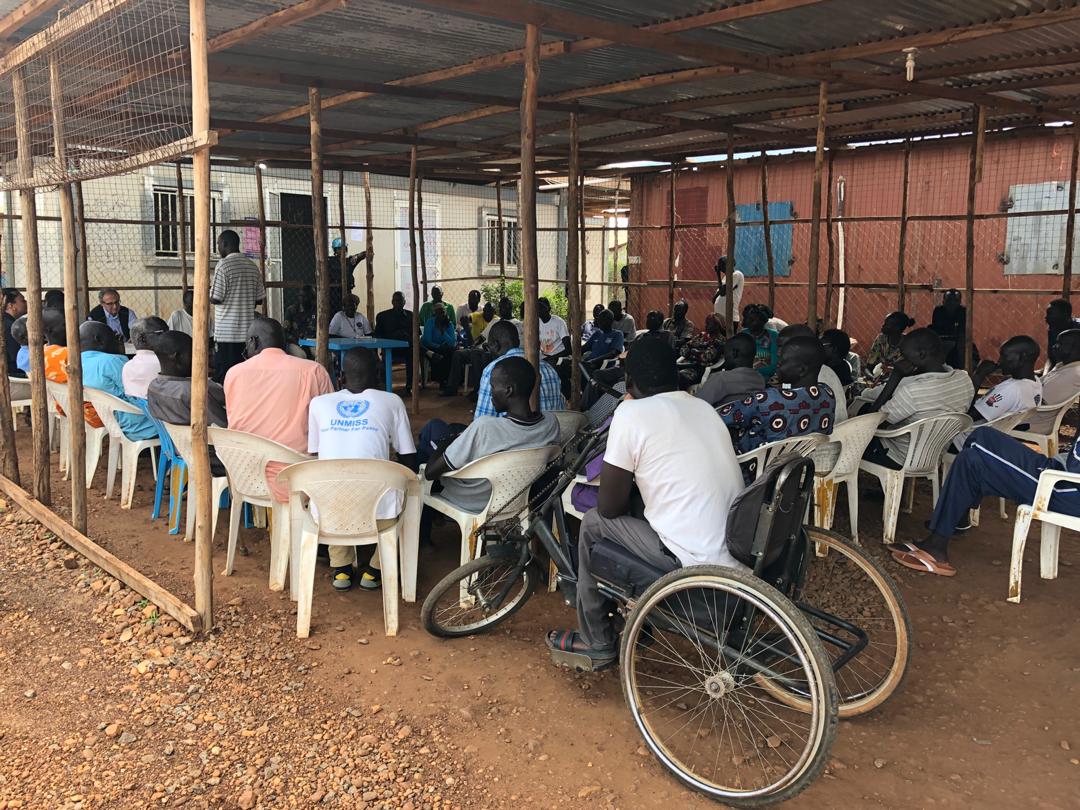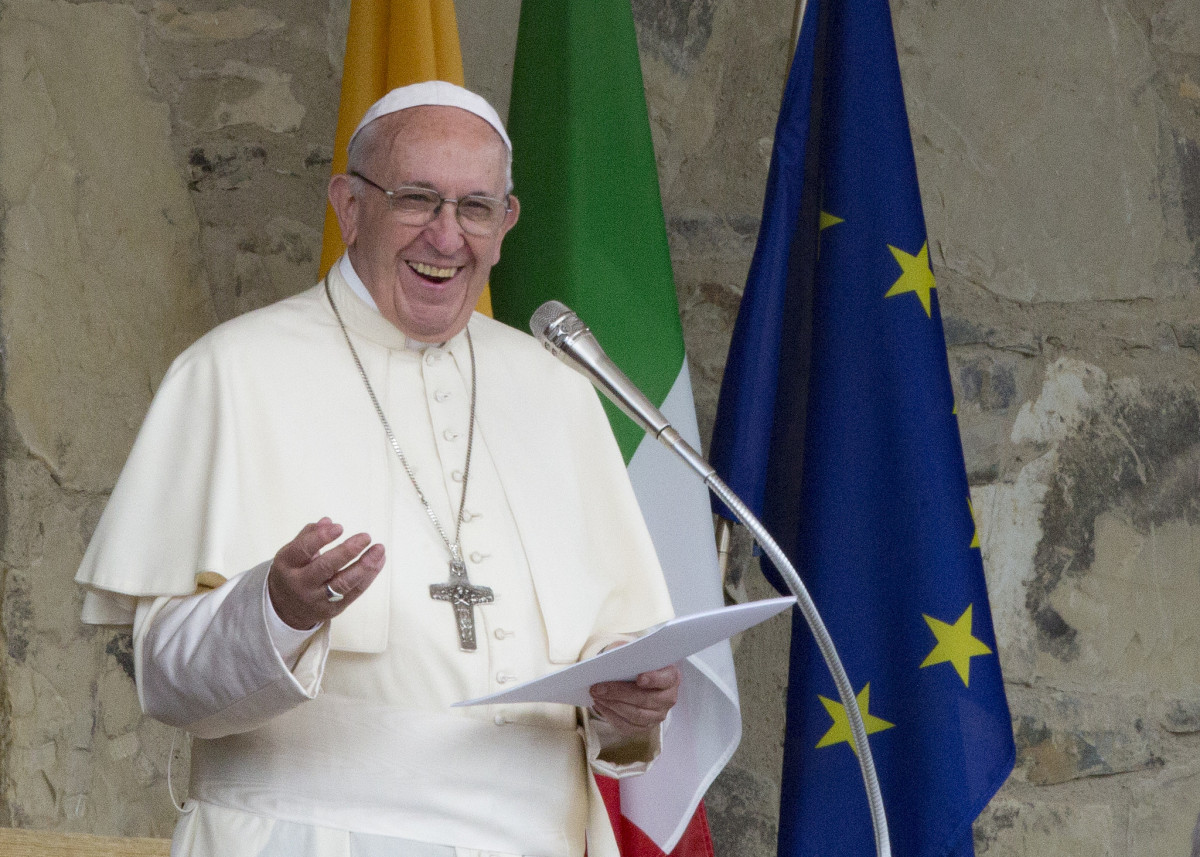
Watch
Young people of South Sudan for peace

BY JAMES MWANIA- PAOLO BALDUZZI.
The training for leadership of the young people of South Sudan continues in the context of the Project “Together fo a New Africa”.
In 2011, South Sudan became the youngest State in the world and Juba, its capital city, organized military parades and celebrations to show its best face to the rest of the world, as well as its upgraded areas. The hope in a different future, after a very long peace-making process that cost millions of deaths, seems finally real.
In 2019, the leaders of South Sudan gathered in the Vatican City for a special spiritual retreat and peace-making talks. Pope Francis broke all protocols and went down on his knees to kiss the feet of each of them as a sign of brotherhood, but also to ask all of them to listen to the cry of their people, exhausted by many years of famine, violence, and war… The hope of 2011 soon gave way to the many unsolved problems that still submit the bill.
The country, in fact, after eight years of independence, is one of the poorest in the world, with an inefficient government, also because of internal ethnic divisions and a dispute with Sudan for the management and sale of oil.
In the South, you can find about 80 percent of National oil resources, but the country does not have the facilities to refine and market crude oil. The pipelines that allow its sale and export are in the North, since the Southern regions have no outlets on the sea.
Despite its oil wealth, South Sudan is still a very poor region: its inhabitants live mainly on agriculture in predominantly desert areas, there is a very high percentage of women’s mortality in connection to childbirth, a high rate of illiteracy, and a precarious health care system.
In 2013, a new ethnic conflict began, causing more victims, and thousands forced to leave their homes. According to estimations, more than 40 percent of the 12 million inhabitants hardly have access to proper food.
The current situation is therefore extremely delicate. What gives hope are small signs of foresight and change, typical of the strength of a people that originates in a great culture and a strong identity.

One of these signs was the Second “Leadership Training Course for Peace and Unity in Africa”, as part of the “Together for a New Africa” project dedicated to young African leaders. It involved 20 young people and professionals, in Juba, from June 12 to 14.
At the forefront in helping to bring lasting peace to their beloved country, when speaking at the “Good Shepherd Peace” in Juba, South Sudan young people courageously made a commitment to increase their peers’ awareness. They asked them to be instruments of peace in view of training a new leadership in the country, to safeguard its human, cultural, historical, and material wealth, for the construction of an inclusive country, in a perspective of dialogue at the continental level.
Two young coordinators, Mille Andrew and Thomas Wani, who took part in the first Summer School in January 2019, shared their strong experience with more than 100 young people in Nairobi. Then lessons, open discussions, and forums, with professionals who came from Europe for the event.
One of them, Professor Peter Gumbo, gave a conference on Leadership and Politics, with an encompassing outlook of the African context, challenging the participants to become new leaders, because both South Sudan and Africa in general are in great need for them. Professor William Lemor emphasized the role of young people in modern society, pointing out concrete ways of action so that they can find a role in modern society and build their own nation. Michele Zanzucchi, an Italian journalist, stressed the importance of communication in leadership training.
And again, conflict resolution, human rights, ethics and public morals, the importance of the concepts of ethnicity, community, and identity, and the effects of their management in developing countries. The Juba school marked another step forward towards brotherhood in a country that really needs it, and has been searching for it for so long.





